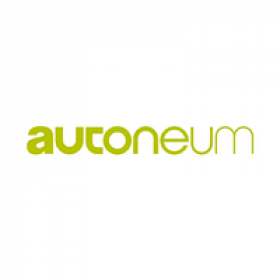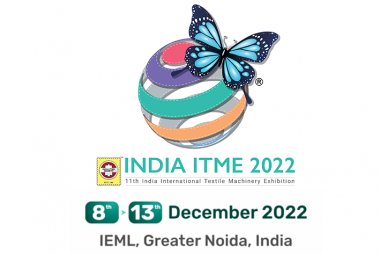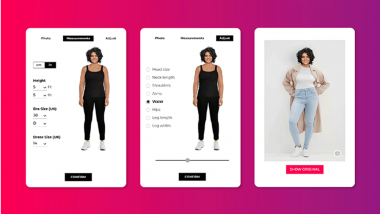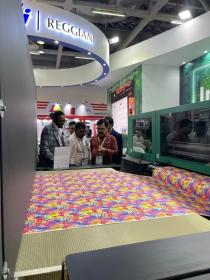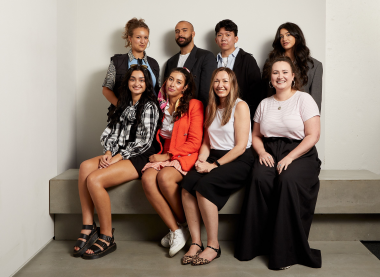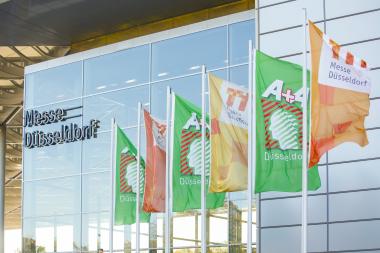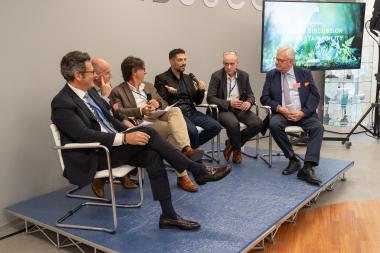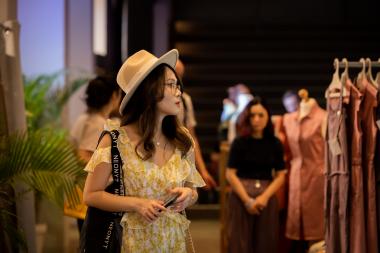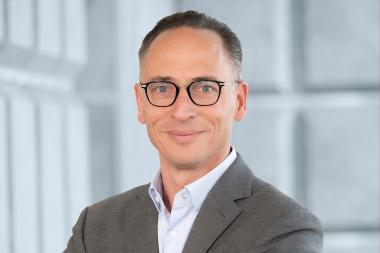Autoneum takes over automotive business of Borgers Group
January, 6 Autoneum signed an agreement to acquire the automotive business of Borgers. The transaction is expected to close in April 2023 following antitrust clearance. The enterprise value paid amounts to EUR 117 million.
Borgers specializes in textile acoustics protection, insulation and trim for automobiles. The product and customer range of Borgers is to a great extent complementary to the product and customer portfolio of Autoneum. Borgers’ wheel arch liner and trunk liner product lines as well as their truck business optimally complement the product range of Autoneum. Especially in the field of textile wheel arch liners, Borgers is the market leader in Europe. In addition, Borgers’ product range is distinguished by sustainable and fully recyclable products. In fiscal year 2021, the Borgers Automo-tive Group generated revenue of EUR 610 million with around 4 700 employees. Thanks to Autoneum’s global presence, the Borgers product portfolio adds to the sales potential for profitable growth in the medium term outside Europe.
Autoneum is acquiring Borgers from insolvency and has agreed new pricing and delivery terms with its customers. These will ensure sustained profitability and the further development of product and process technologies in both the short and long term.
The transaction will initially be financed through a new credit facility which is available in addition to the syndicated loan of CHF 350 million renewed in October 2022. A capital increase in the amount of approximately CHF 100 million is planned for the long-term refinancing of the acquisition. Autoneum’s two largest shareholders, Artemis Beteiligungen I AG and PCS Holding AG, have agreed to participate in the capital increase in proportion to their current shareholdings. Even taking into account the aforementioned capital increase, the transaction will generate a positive earn-ings per share contribution from the outset.
Autoneum Management AG


